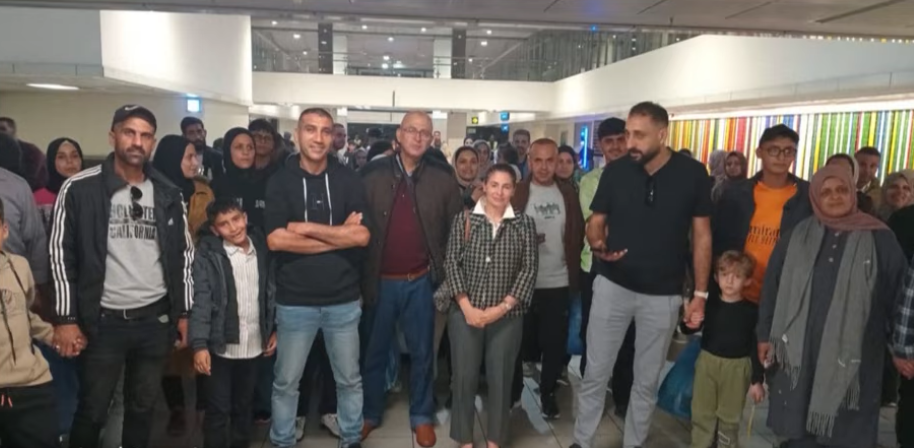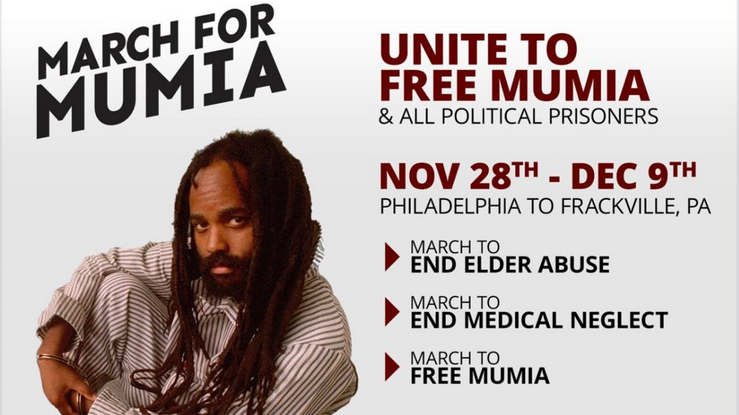Gen. Museveni
[Letter From Gulu]
Last week in my column, I illuminated the chronology of events that culminated into a grand deception that Gen. Yoweri Museveni’s regime became.
This week, I want to focus on the deception itself and how it unfolded over the 32 years that Gen. Museveni has been in power. Nearly everything about Gen. Museveni’s regime has been deceptive. Put differently, nearly everything about Gen. Museveni is a lie. Almost everything he did promise to the people of Uganda has not been delivered. He has been reliably consistent in one thing; his lies.
We have lost count of the promises Gen. Museveni has over the years made to the people of Uganda. But one particular promise encapsulates almost everything we want to highlight about a leader whose preoccupation has been and still is retention of power, rather than serving the nation, to the detriment of Ugandan. After being sworn in as President of Uganda in January 1986, Museveni, standing on the steps of Parliament, told Ugandans that the NRA had arrived to deliver a fundamental change to the people of Uganda.
However, 31 years later, we have witnessed an antithesis of what the good old General promised to the people of Uganda that fateful day. That same day, Museveni diagnosed the problem of Africa as being caused by leaders who stay too long in power. Thirty-one years later, Gen. Museveni has changed this to say the problem of Africa is “leaders staying too long in power without being elected.”
He condemned African leaders economic mismanagement saying their countries could not even produce a needle. He talked contemptuously about African leaders who bought and flew in aircrafts while those they ruled suffered from diseases caused by fleas such as jiggers. He wondered how African leaders presiding over weak, poor and fragile economies could compete in buying aircrafts with leaders from developed economies such as Ronald Reagan, then the U.S. president when Museveni came to power. That was long before he purchased a Gulf Stream jet with taxpayers’ money. Uganda now suffers from “comprehensive brokenness,” to borrow a term from Ambassador Olara Otunnu, the former U.N. Under-Secretary General and former leader of the UPC opposition party.
Gen. Museveni promised to restore democratic governance, the rule of law, and constitutionalism. Over the years however, we have witnessed elections being held as rituals without any due regard to international standards that make elections, free, fair and credible. Uganda’s elections are characterized by massive commercialization of the process, intimidation, bribery, and then massive rigging by the regime.
There is a total breakdown of almost all institutions of governance. The judiciary has been largely compromised and severally attacked by regime functionaries such as the notorious “Black Mambas” a state-controlled terroristic squad, “Crime Preventers,” who are militias recruited and trained by the state, the “Kiboko Squad” and other para-military forces.
The civil service is highly corrupted. Parliament has been rendered completely lame duck. The armed forces are run completely on a partisan fashion with Museveni as commander in chief. Public amenities such as healthcare, education, and roads, are in shambles. In 1969, at Lugogo Indoor Stadium, then President Milton Obote, Uganda’s first post-colonial leader was shot by an assassin. He was immediately rushed to Uganda’s National Referral Hospital, Mulago, for treatment which was then first rate.
Today, Gen. Museveni can’t even remotely entertain the thought of being treated at Mulago Hospital where patients are sometimes on the floors and where drugs are lacking. Not long ago, Gen. Museveni’s daughter was flown on the Presidential aircraft to deliver a baby from a hospital in Germany. That is how much contempt he has for the institutions that have collapsed under his regime.
Ironically, ordinary Ugandans whose taxes sustain these powerful people are the ones who bear the brunt of this ailing healthcare system. The education system is not different either. In the I960s, ‘70s and early ‘80s, children of Dr. Obote, Idi Amin, their ministers, MPs and nearly all government officials went to local schools with the children of ordinary Ugandans. My father was a policeman and later became a peasant farmer. His children, my older siblings went to a local primary school, Bwobomanam Primary School in Gulu, with the children of a University Professor, Prof. Okot Bwongamoi.
Today, Museveni and his ministers, Members of Parliament and government officials send their children abroad for education. In many cases they are even sponsored by the state. Children of ordinary Ugandan taxpayers are however left to languish in an education system that is terribly sick.
Government employees and elected leaders live large ostentatious lifestyles at the expense of the tax payers who are languishing in absolute poverty. Expectedly, the government keeps spewing economic growth figures that suggest that Ugandans are richer and living more decent and happy lives. We don’t want to go to the politics of figures and statistics but we know for certain the difficulties that Ugandans go through daily to eke a living. Millions of Ugandans can’t afford decent housing, clean water, and electricity.
Millions of young Ugandan graduates are languishing on the streets without any chance of getting a job. We know that we have been deliberately impoverished and rendered destitute so that we may not challenge the status quo.
It won’t be forever. We shall surely reclaim our country.






